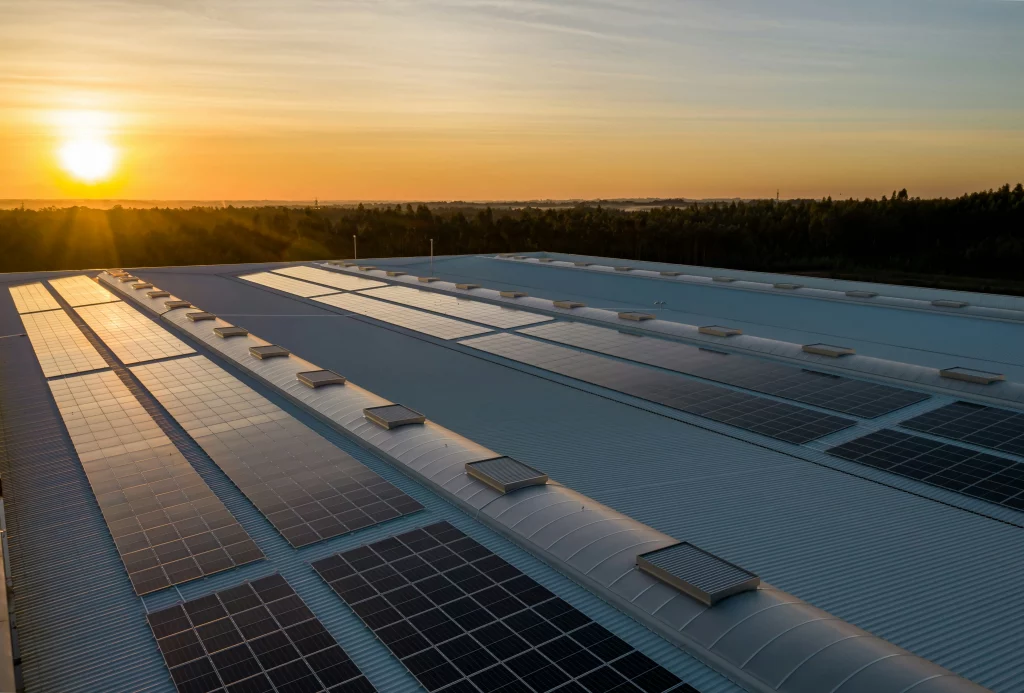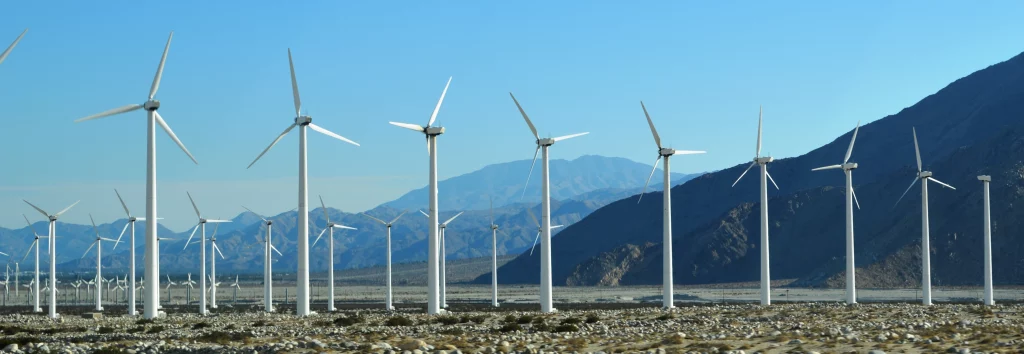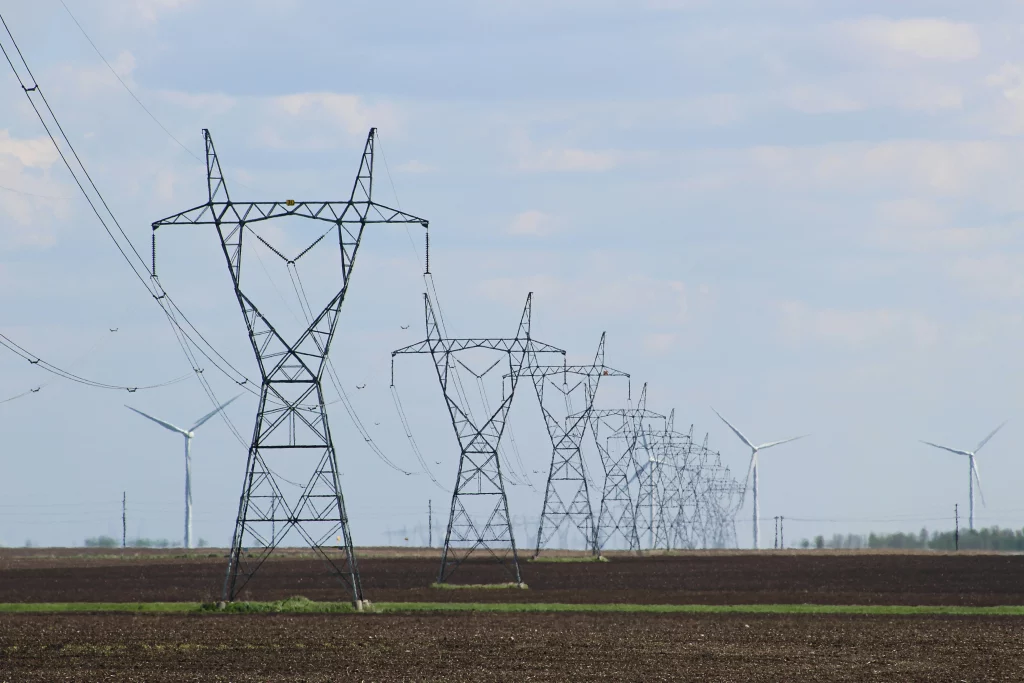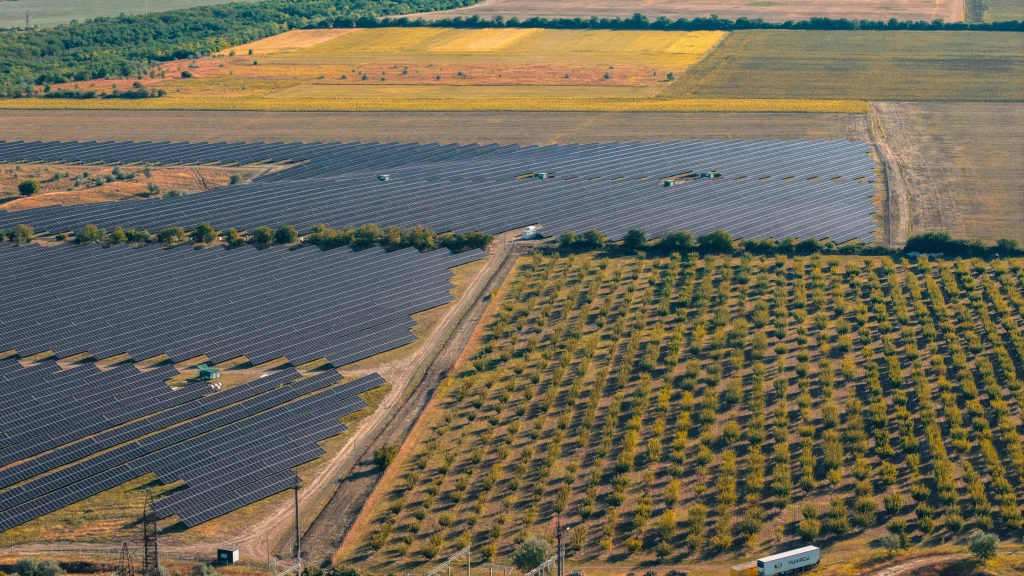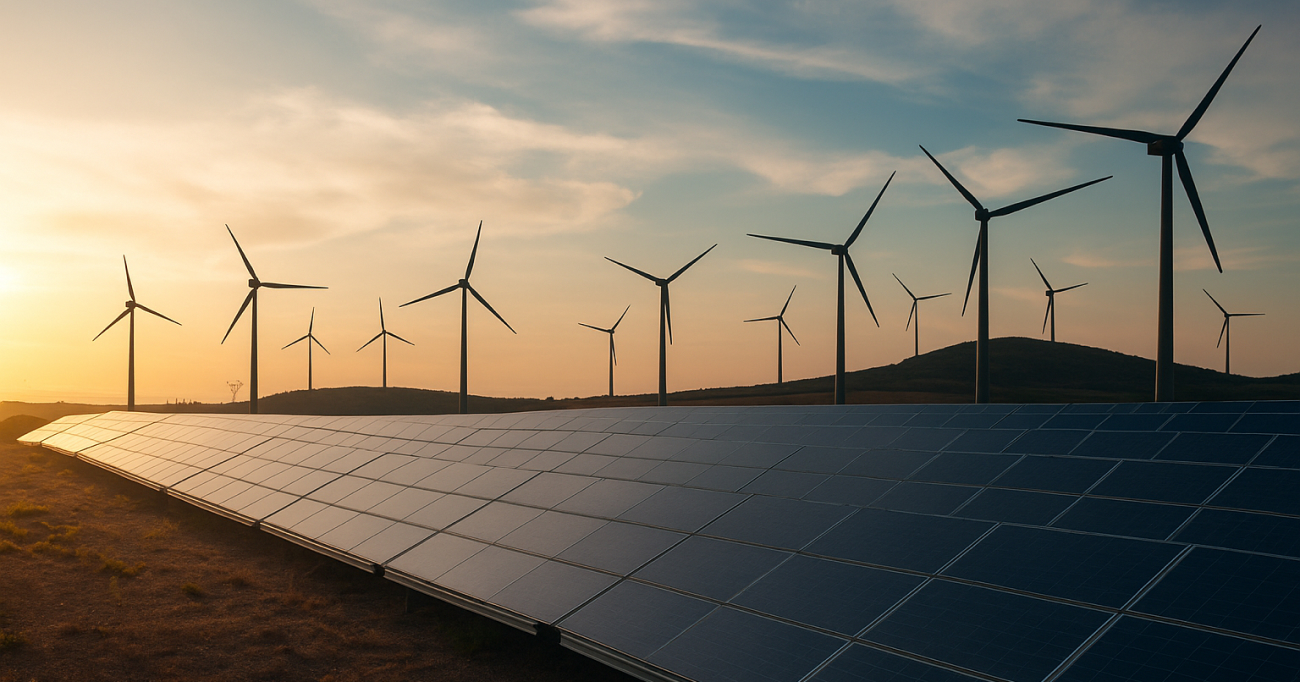
Tax Incentives in Question: Will Support for Energy Equipment Imports Continue in 2026?
Over the past two years, tax incentives for importing energy equipment have become a key driver for the renewable energy sector’s growth.
Thanks to these incentives, Ukrainian companies have been able to accelerate the restoration of generation facilities damaged by attacks, as well as expand new capacities in solar, wind, and bioenergy.
However, by mid-2025, there were signals that the preferential regime might not be extended. Some members of parliament argued that the market had already adapted to new conditions and could operate without additional support. Yet, the latest attacks on the power system have once again shifted the context — and the issue has returned to the agenda.
Debate between parliamentary committees: Hetmantsev vs. Gerus
Danilo Hetmantsev, Chair of the Parliamentary Committee on Finance, Tax, and Customs Policy, admitted in a comment to Energoreforma that he had not planned to revisit the issue of tax incentives but now sees the discussion as inevitable.
“The issue is being discussed. Unfortunately, the enemy is creating the preconditions for us to return to this conversation. Although personally, I would prefer not to,” said Hetmantsev.
He emphasized that no decision has been made yet, but the debate will be transparent and take into account all arguments. This means the final outcome will depend on a comprehensive assessment — economic, energy, and security-related.
Meanwhile, Andriy Gerus, Chair of the Parliamentary Committee on Energy and Housing and Utilities, presented a draft law at the X Business & Legal Energy Forum proposing to extend the preferential import regime through 2026. The bill would maintain VAT and customs exemptions for equipment intended for solar, wind, hydro, and bioenergy projects, as well as energy storage systems (BESS).
Thus, the two parliamentary positions set the stage for an open dialogue: on one hand — fiscal balance, on the other — the strategic need to support energy independence and recovery.
Industry position: policy stability as a foundation for growth
The Ukrainian Solar Energy Association has publicly supported the continuation of tax incentives. In its official statement, the Association recalled that back in May 2025 it addressed Danilo Hetmantsev with a formal request to extend the preferential import period for generation equipment beyond January 1, 2026.
ASEU’s Chair, Vladyslav Sokolovskyi, has repeatedly emphasized that these incentives allow the industry to maintain growth momentum even under wartime conditions. Tax relief not only reduces business costs but also ensures local energy stability — especially in communities where new generation facilities are being installed.
The Association stresses that close cooperation between parliament, government, and business should lead to a well-balanced solution that takes into account both the state’s fiscal interests and the urgent need to rebuild infrastructure.
Broader implications: confidence and modernization
For Global 100 RE Ukraine, this situation highlights the importance of open dialogue among all energy market stakeholders. Maintaining the incentives is not just an economic measure — it’s a mechanism for building trust, ensuring investment stability, and driving technological renewal.
Such debates reflect the maturity of Ukraine’s energy policy — adaptive to external shocks yet firmly oriented toward sustainable development.
Global 100 RE Ukraine views these developments as part of a broader transformation, where every decision in the renewable sector contributes to shaping an energy-independent, sustainable, and European Ukraine.
Become a member of 100 RE UA
Switching to 100% renewable energy in Ukraine is possible!

